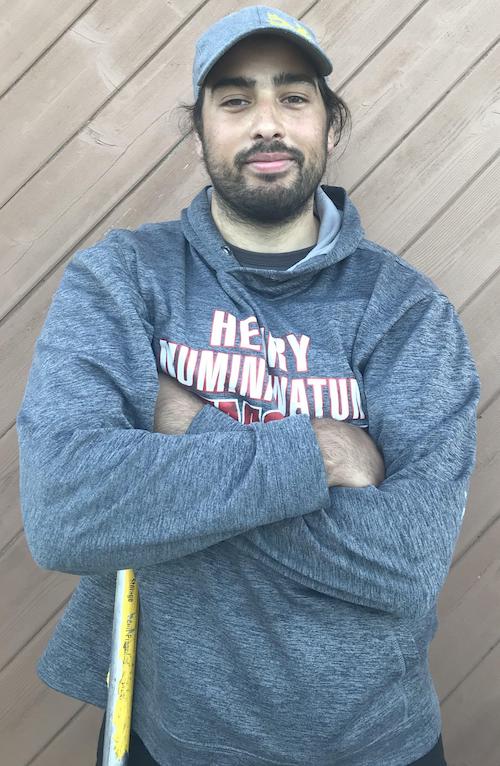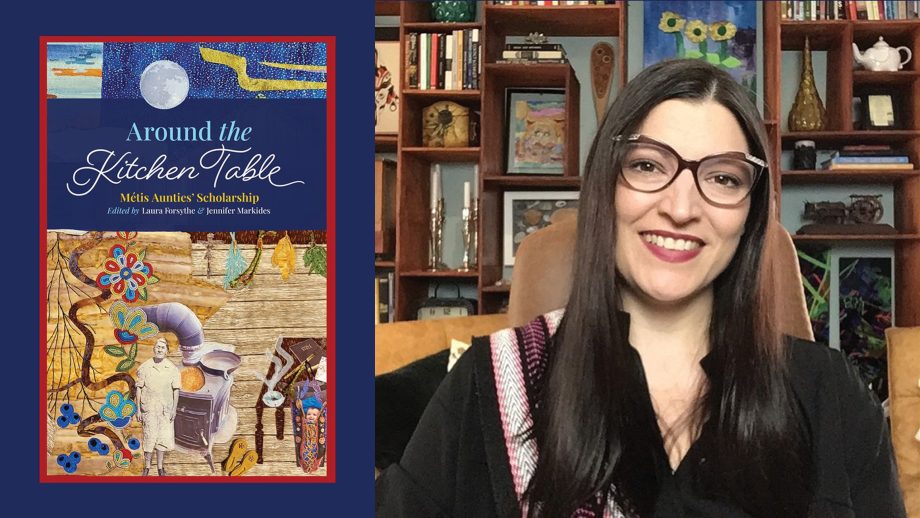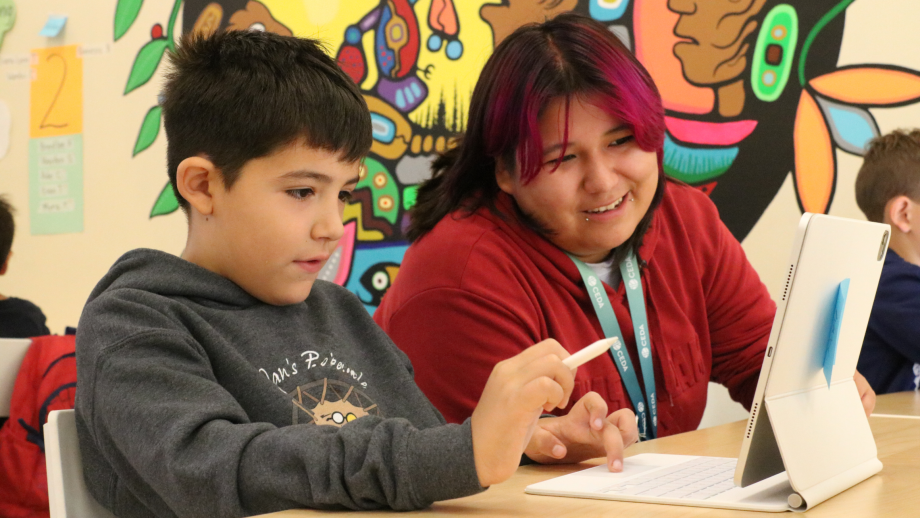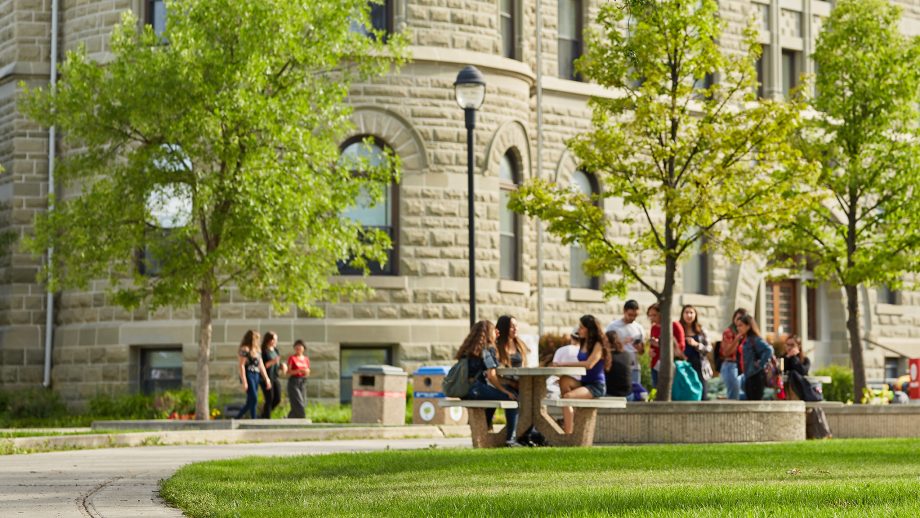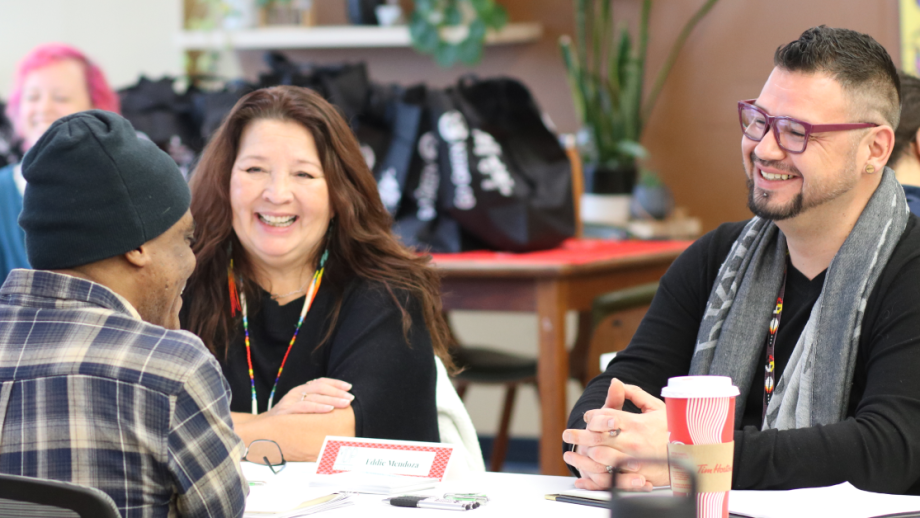If there’s one aspect of the Indigenous Summer Scholars Program (ISSP) that Mohamed Crossman-Serb has learned to embrace, it’s stepping outside of his comfort zone.
Now into his second month working with Dr. Nora Casson, Department of Geography, on “Human Influences of Water Quality,” Crossman-Serb’s original plans of doing field work and lab testing were derailed by COVID-19. However, that hasn’t stopped him from learning new aspects of research.
“The first month was a lot of data compilation from various weather stations,” he explained. “Now we’re going through previous literature and making a compendium of carbon data from the long-term records at the International Institute for Sustainable Development-Experiment Lakes Area (IISD-ELA).”
In addition, Crossman-Serb also learned computer coding — something he’s never done before. While it was a challenge, it’s something he excelled at.
“I am also learning quite a bit about geography too, along with hydrology,” he added.
This research project is based around one important question: how will environmental pressures, including climate change, impact water quality?
Casson and her team are working to unravel relationships between water and nutrient cycling to understand how patterns and processes vary across the landscape and how human activities impact the surface waters that drain forested ecosystems.
“We’re lucky to work at a long-term research site like the IISD-ELA, where there are many measurements taken over the past five decades, so there are lots of existing data to work with,” said Casson. “This work has allowed Mohamed to build up new skills related to data management and computer programming.”
Along with participating in the ISSP, Crossman-Serb also taught in the Pathways to Graduate Studies (P2GS) program for a week. Casson says that experience allowed him to “share his knowledge and expertise in chemistry with a new generation of Indigenous students studying science.”
He credits The University of Winnipeg for creating a program specifically tailored to undergraduate Indigenous students who may be unsure about pursuing further studies.
“When you look at Indigenous peoples in terms of education, there’s that massive disproportion. And when you get into higher levels of education, that disproportion gets even higher,” he said. “I think this is an incredible program to show undergraduate students a glimpse into graduate studies.”
In the sciences, Casson explained that it can be hard for students to create connections and build a network, which is why the ISSP is so important.
“Programs like ISSP or P2GS hopefully facilitate this first connection and help students build skills and confidence to help them excel in graduate school,” Casson said. “The fact that the ISSP is running during this summer of COVID-19 restrictions is a testament to the patience, flexibility, and hard work of students like Mohamed.”
As he continues into the home stretch of the program, Crossman-Serb believes this experience has prepared him for post-undergraduate studies.
“This is definitely a first step towards graduate studies.”
Hosted by UWinnipeg’s Faculty of Graduate Studies, the Indigenous Summer Scholars Program strengthens the pathways for Indigenous students to move into advanced study and, ultimately, into leadership roles in various sectors. Scholars are paired with faculty members, many of whom are involved in Indigenous research.
The summer scholars receive training stipends to participate in the program, which consists of a series of workshops and discussions exploring a variety of research skills, in addition to the opportunity to practice and hone those skills in a specific research project.

